Smart Home
Alexa vs Google: Ultimate Smart Home Assistant Showdown
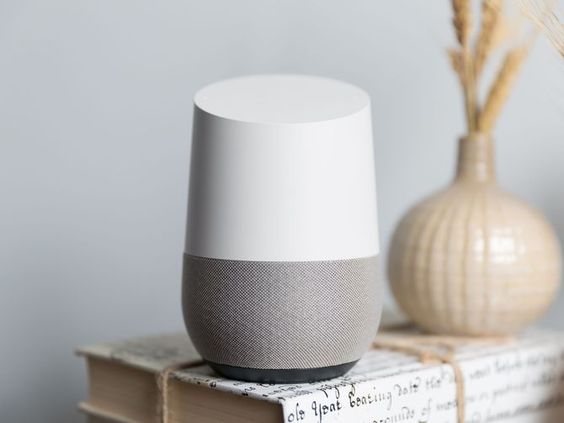
Introduction: Alexa vs Google: Ultimate Smart Assistant Showdown
It’s the ultimate smart assistant showdown! In one corner, we have Alexa from Amazon. In the other corner, is Google’s very own smart assistant.
So, which one will come out on top? Let’s take a look at both and see who reigns supreme in this battle of the tech giants!
Introduction
Organizing your time can be a difficult task, especially when you have to juggle multiple commitments. However, by creating a daily schedule, you can increase your productivity and free up some of your valuable time.
Here are five tips on how to create an effective daily schedule:
1) Determine Your Priorities
The first step in creating a daily schedule is understanding what tasks are the most important and need to be completed first. By knowing your priorities, you can structure your day around them ensuring that they get done.
2) Find Time for Yourself
It’s important to remember that not every minute of the day needs to be accounted for. You should try and find at least 30 minutes each day where you can do something for yourself; whether it’s reading or going for a walk activities like this in their schedules allow them to recharge which increases their focus when completing other tasks.
3) Use ‘To Do” Lists
Having all of your tasks laid out in front of you visually can help prevent overwhelm as well as ensure That nothing gets forgotten about throughout the day make sure.
4) Set Time limits For Each Task scheduled
It’s recommended to set time limits for each task in your schedule. This will help you manage your time more efficiently and ensure that you complete all your tasks on time.
What is Alexa?
Alexa is a voice assistant that was created by Amazon. It can be used to perform tasks, such as playing music or ordering products from Amazon.
History Of Amazon Alexa
Amazon Alexa is known as Alexa.
Alexa is a virtual assistant technology that is largely based on Ivona, a Polish speech synthesizer purchased by Amazon in 2013. Alexa was inspired by the film 2001: A Space Odyssey and was purchased by Amazon in 2013. Amazon announced Alexa alongside the Echo in November 2014. It was first used in Amazon Lab126’s Amazon Echo smart speaker, as well as the Echo Dot, Echo Studio, and Amazon Tap speakers.
It can respond to voice commands, play music, create to-do lists, set alarms, stream podcasts, play audiobooks, and provide weather, traffic, sports, and other real-time information, such as news.
Alexa can also control a variety of smart devices by acting as a home automation system.
Features Of Amazon Alexa
It can respond to voice commands, play music, create to-do lists, set alarms, stream podcasts, play audiobooks, and provide weather, traffic, sports, and other real-time information, such as news. Alexa can also control a variety of smart devices by acting as a home automation system.
It runs on the Amazon Echo Fire OS, iOS, Android, Linux, and Windows. English, French, German, Japanese, Italian, Spanish, Portuguese, Hindi, and Arabic are all supported. Its operating system is Fire OS 5.0 or later, and iOS 11.0 or later.
Uses
- GET UPDATES DAILY ON NEWS AND WEATHER…
- READ YOUR FAVORITE BOOKS…
- SET YOUR SMART THERMOSTAT….
- SET YOUR SMART THERMOSTAT….
- MANAGE SECURITY SYSTEMS AND CAMERAS USING VOICE COMMANDS
- MANAGE SECURITY SYSTEMS AND CAMERAS
- CALL FRIENDS.
- CALL FRIENDS.
Alexa vs Google: Which is the better assistant?
There are many factors to consider when choosing between Alexa and Google as your virtual assistant. Both have their pros and cons, but ultimately, the decision comes down to personal preferences.
Here are some things to take into account when making your decision:
- Ease of use: both assistants are relatively easy to use, but Alexa may be slightly simpler for first-time users.
- Functionality: both assistants can perform a wide range of tasks, but Google offers more in terms of features and functionality.
- Accuracy: this is often considered one of the most important factors when choosing a virtual assistant – and both Alexa and Google boast high accuracy rates. However, some users find that Google is slightly more accurate overall.
- Price: both assistants are very affordable (especially if you opt for an Echo Dot or Home Mini), so cost shouldn’t be a deciding factor here.”
The pros and cons of Amazon’s Echo compared to Google’s Home devices
If you’re considering buying a voice-controlled assistant, you might be wondering whether to choose an Amazon Echo or a Google Home device. Both have their pros and cons.
Here are some things to consider when deciding which one is right for you:
- Price: The Amazon Echo is typically cheaper than Google Home devices.
- Functionality: Both devices can perform similar tasks, such as playing music, setting alarms, adding items to lists, and providing weather and traffic updates. However, the Echo has more “skills” (built-in applets that extend its functionality) than the average Home device.
- Assistant choices: With a Google Home device, you’re stuck with Google Assistant; whereas with an Echo device, you can choose between Alexa and Cortana. (Cortana is only available on certain models of the Echo.)
- Smart home compatibility: If you have a lot of smart home devices from different brands, chances are the Echo will work with all of them out of the box.
The Home device only works with a few select brands, but it’s compatible with IFTTT recipes (which essentially act like mini-programs that automate actions between devices), so you might still be able to build out its usefulness.
How Alexa and Google differ in their features for smart displays
Google and Alexa are both popular choices for smart displays. However, some key differences between the two may sway your decision.
For starters, Google offers a wider range of actually useful features for its smart display UI. You can view calendar appointments, set alarms, and timers, check the weather forecast, enjoy YouTube videos, or even play simple games like Tic Tac Toe – all without having to touch your phone at all. In comparison, many of Alexa’s best features require you to reach for your smartphone anyway (outside of music playback controls).
Additionally, while both platforms support third-party app integration (allowing developers to create “skills” or “actions”), Google happens to do it better than Amazon here too. The search giant has already partnered with plenty of big names like Spotify, WhatsApp, Uber, and more – meaning you can do lots more with a Google Home Hub compared to an Echo Show.
Finally – and this is perhaps the most important factor if you value privacy in your home- it turns out that Amazon isn’t as secure as we thought.
Earlier this year it was revealed that workers employed by Amazon were listening in on customers through their Echo devices, so they could train the company’s voice assistant AI using real-life conversation snippets.
Not everyone wants strangers snooping around their homes in such a way… although Amazon does insist these conversations are anonymized and only used internally.
Which one is better for controlling a smart home?
When it comes to controlling a smart home, there are two main approaches that you can take. You can either use a dedicated smart home hub, or you can control your devices directly using your smartphone. So, which one is better?
If you want complete control over every aspect of your smart home, a dedicated hub is the way to go. A good quality hub will give you access to all the features and settings for each of your devices, so you can fine-tune things to suit your needs.
The downside of this approach is that it requires an extra piece of hardware in your home, and setting everything up can be somewhat complex.
Alternatively, if simplicity is what you’re after then controlling everything from your smartphone might be the best solution.
There are plenty of great apps available that let you add and manage devices with ease. And since most people carry their smartphones around with them everywhere they go anyway, it’s always close at hand when needed.
However, do bear in mind that some advanced features may not be available compared to using a separate hub.
Alexa vs Google: which is better for the average person?
When it comes to choosing between Alexa and Google, there is no clear “winner” – it honestly depends on what you as the individual are looking for in a digital assistant. That being said, here is a quick rundown of some key differences between the two services:
Alexa:
Pros:
Amazon Prime integration allows for easy access to music, movies, books, and shopping. Skills allow you to customize your experience with third-party apps. Far-field voice recognition lets her hear you from across the room.
Cons:
Cannot perform certain tasks (like sending texts or emails) without additional hardware like an Echo Show or Fire Tablet. Relies heavily on integrations with other Amazon products/services. Not as widely used/recognized as Google Assistant meaning fewer people are likely to develop skills for her specifically.
Google Assistant:
Pros:
1) It Can send texts and emails without any extra hardware; more accurate at conversation than Alexa thanks in part to its Natural Language Processor chip.
2) More compatible with smart home devices since Android is such a dominant operating system. A recognizable voice ensures that most people will be able to understand commands easily.
3) Allowed free unlimited photo storage through Google Photos which can come in handy down the line. Supports hands-free calling so long as you have configured credit card information within settings, this way users can make restaurant reservations or book appointments even while driving!
Cons:
Although supported by many devices, Google Home doesn’t work with Apple computers making it difficult if not impossible to integrate into popular ecosystems.
iTunes & MacOS
Which has a better speaker?
When it comes to speakers, there are many different factors to consider. Some people might prefer a speaker with a great base, while others might want a super portable one. Ultimately, the best speaker is the one that meets your specific needs and preferences.
Which has a better display?
“The answer is clear: ” When it comes to displays, there is no doubt that TVs have a better display than computer monitors.
This is because TVs are designed specifically for displaying video and images, whereas monitors are designed primarily for use with computers.
What are some other factors to consider?
There are many other factors to consider when it comes to fitness and health. Some of these include sleep, hydration, diet, stress management, and recovery methods (such as foam rolling or self-myofascial release).
It’s important to note that there is no one-size-fits-all answer – what works for some might not work for others.
The best way to find out what works best for you is through trial and error.
Conclusion: Alexa vs Google: Ultimate Smart Assistant Showdown
The Google Home and Amazon’s Echo devices are two of the most popular smart assistants on the market. Both offer a variety of features, but which one is better? In this article, we’ll pit Alexa against Google and see who comes out on top.
When it comes to raw power, there is no doubt that Alexa is the superior assistant. She can do more tasks and answer more questions than Google Home. However, when it comes to user-friendliness and intuitiveness, Google Home wins hands down. It’s easier to use and has a cleaner interface.
So which one should you get? If you’re looking for many features, go with Alexa. But if you want something easy to use, opt for Google Home.

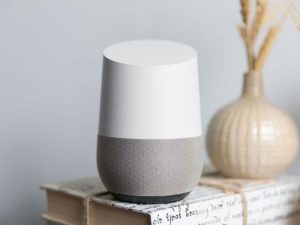
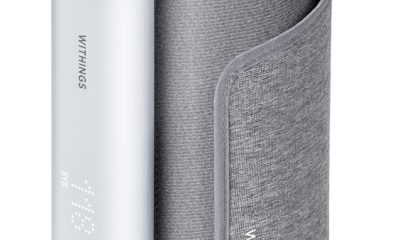

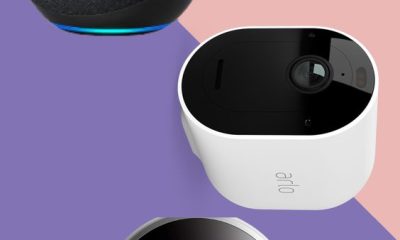



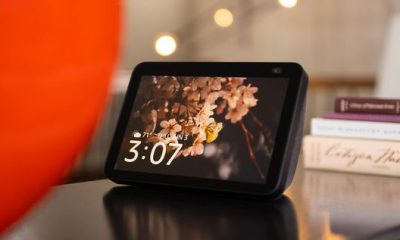



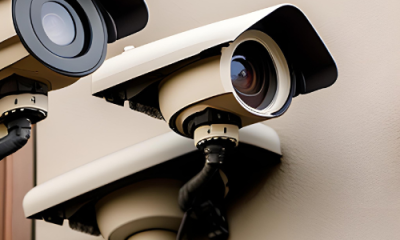




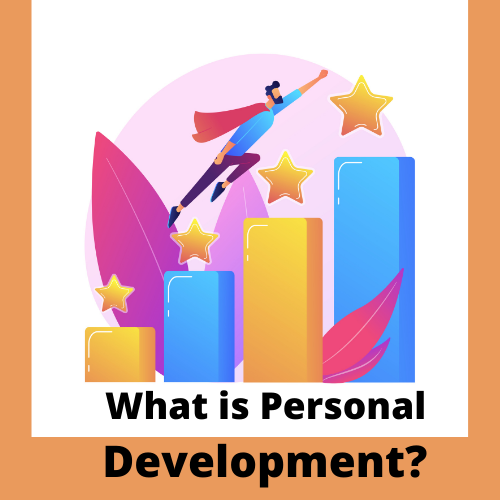






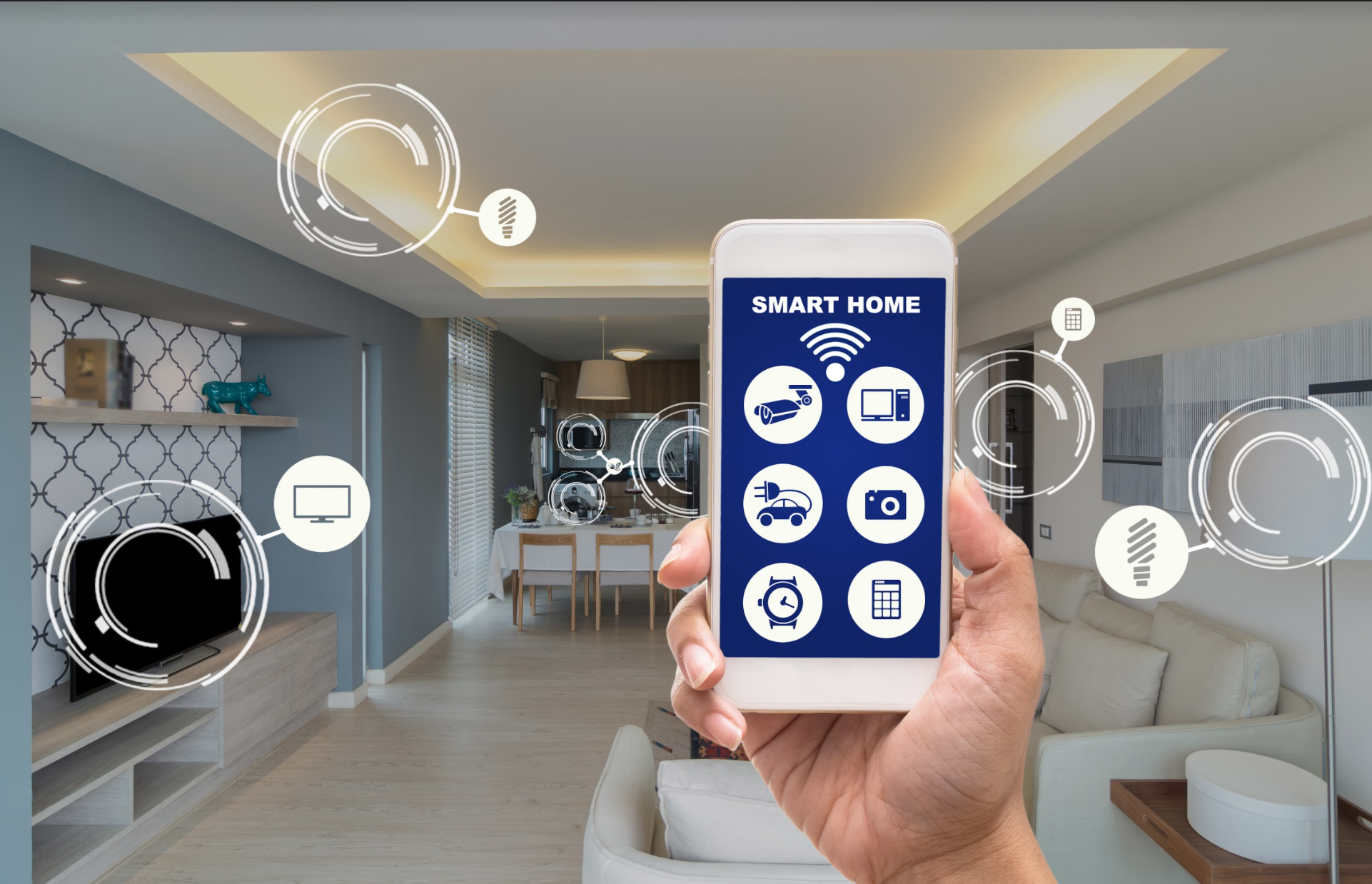
Pingback: Smart Plug Safety Tips To Follow » ArenaHub